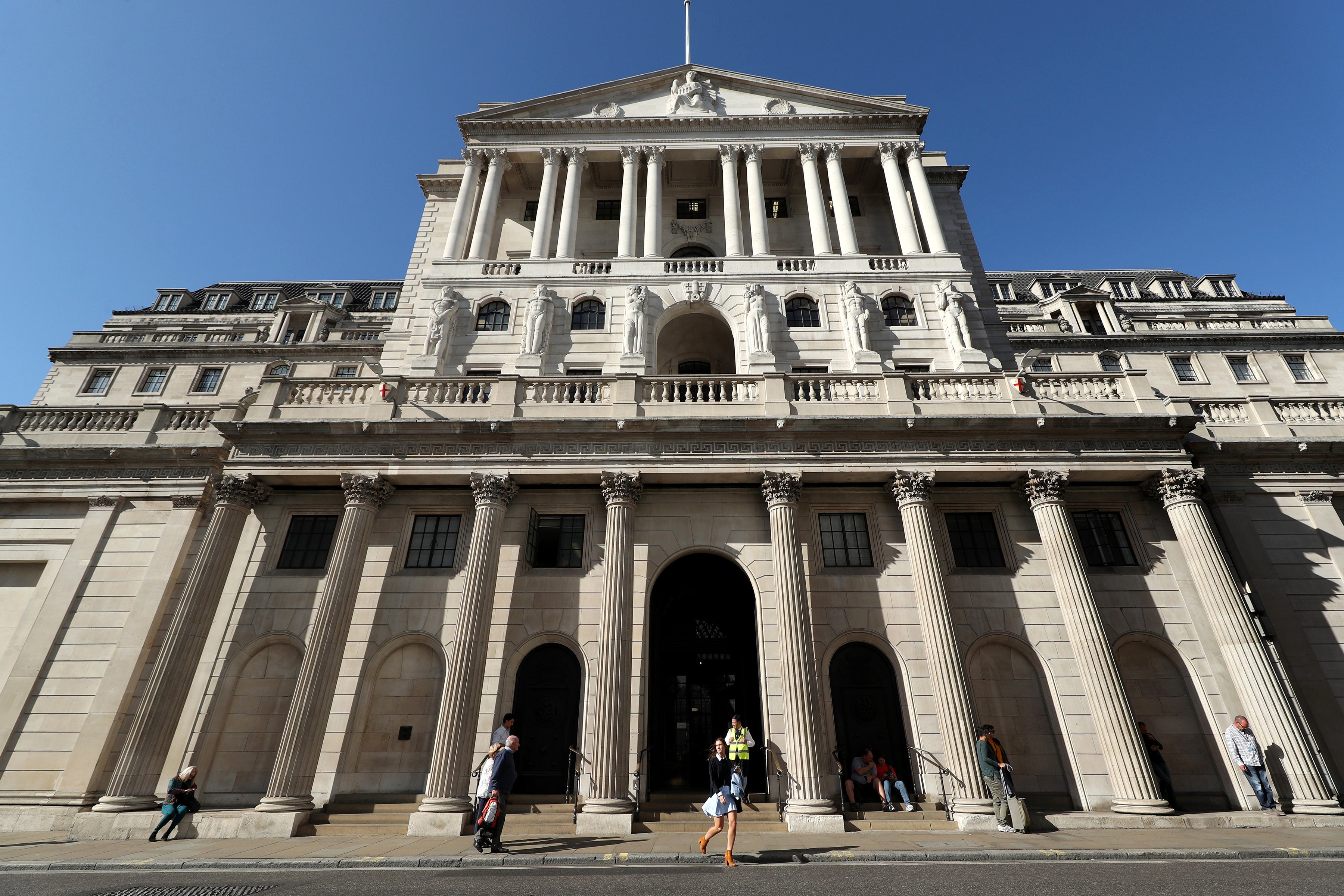Bank may need to stop bond-buying ‘fairly soon’ as inflation soars – Saunders
Interest rate-setter Michael Saunders said quantitative easing may need to be halted ‘in the next month or two’ to cool inflation.

The Bank of England may need to halt its £895 billion bond-buying programme “fairly soon” to cool soaring inflation as the economic recovery gathers pace, an interest rate-setter has warned.
Michael Saunders who sits on the Bank’s nine-strong Monetary Policy Committee (MPC), said it is no longer clear that all the factors driving inflation higher are only temporary.
Official figures earlier this week showed that Consumer Prices Index (CPI) inflation jumped to 2.5% in June – its highest for almost three years and up sharply from 2.1% in May.
If activity and inflation indicators remain in line with recent trends and downside risks to growth and inflation do not rise significantly... then it may become appropriate fairly soon to withdraw some of the current monetary stimulus in order to return inflation to the 2% target
In a speech on the inflation outlook, Mr Saunders warned that if no action is taken by the Bank to rein in quantitative easing (QE) or interest rates, then CPI is likely to remain above the 2% target in two to three years’ time, potentially spiking at 4% later this year.
He said: “If activity and inflation indicators remain in line with recent trends and downside risks to growth and inflation do not rise significantly… then it may become appropriate fairly soon to withdraw some of the current monetary stimulus in order to return inflation to the 2% target on a sustained basis.”
He said this could mean the Bank stopping purchases under its QE programme “in the next month or two and/or further monetary policy action next year”.
He added: “The question of whether to curtail our current asset purchase programme early will be under consideration at our forthcoming meetings.”
It comes after the Bank’s former chief economist, Andy Haldane voted for QE to be reduced by £50 billion at the last two MPC meetings before he left, though he was a lone voice at the time.
There now seems to be a growing number of rate-setters backing that view, with Bank deputy governor Dave Ramsden saying on Wednesday that QE may need to be reversed sooner than he had expected to rein in inflation.
But Mr Saunders stopped short of revealing how he will vote at the Bank’s next rates decision on August 5, when it will also publish its quarterly growth and inflation forecasts.
Jobs market data on Thursday showed wages rising at a marked clip – with total wage growth including bonuses soaring to 7.3% in the three months to May.
This, together with wider price rises in the economy including on food and motor fuel, is pushing up inflation.
There are also wider global concerns over the potential for soaring inflation, with the US posting its own 5.4% CPI inflation rate for June on Tuesday.
Until now, the Bank has been quick to dismiss steep rises in UK inflation as being temporary and likely to settle down early next year as the economic rebound slows.
But Mr Saunders said the economic outlook has “moved on quite a lot” since the Bank’s last set of forecasts in May.
“Activity appears to have recovered a bit more than expected,” he said.
“And, even relative to this improving trend, there have been large upside surprises in prices.”
He added that he believes the Bank’s guidance on conditions for action to tighten monetary policy “have now been met”.